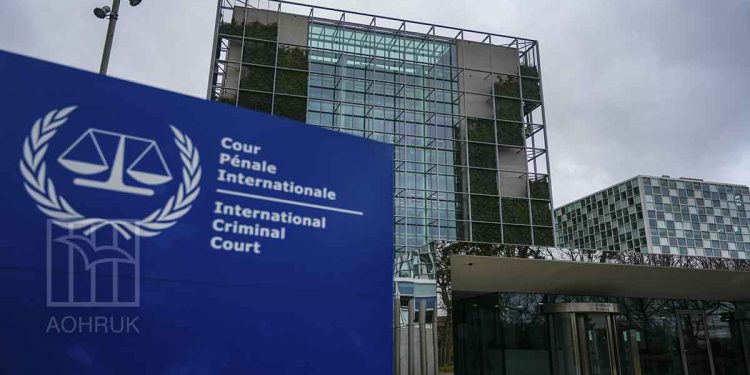On February 6, 2025, former US President Donald Trump signed an executive order imposing sanctions on the International Criminal Court (ICC) after it issued arrest warrants in November 2024 for Israeli Prime Minister Benjamin Netanyahu and former Defence Minister Yoav Gallant.
In a statement, Trump considered the court’s actions as “illegitimate” and “baseless,” arguing that it was unfairly targeting the United States and its allies, particularly Israel.
He added that the ICC had abused its authority by issuing warrants against Israeli officials, stressing that neither the US nor Israel is a signatory to the Rome Statute—the treaty that established the court— making them not legally bound by its decisions.
The sanctions would include banning ICC officials from entering the US and preventing them from conducting financial transactions with American entities.
The ICC’s arrest warrants for Netanyahu and Gallant came after investigations into war crimes and crimes against humanity committed by the Israeli occupation forces in the Gaza Strip.
The American escalation comes as part of a broader effort to pressure the ICC and prevent it from playing its role in carrying out investigations into war crimes and serious violations of international law.
The sanctions also coincide with a broader international legal efforts to hold Israeli officials accountable over the aggression on Gaza. The war on Gaza, which lasted from 7 October 2023 to 19 January 2025, left more than 159,000 Palestinians dead or injured, including thousands of women and children, in addition to causing widespread destruction of infrastructure and the displacement of hundreds of thousands of civilians.
Trump’s decision to sanction the ICC is widely seen as an attempt to weaken the international justice system and send a message that the leaders of the Israeli occupation are above the law.
The move reinforces the perception of impunity and the double standards that have long characterised US foreign policy, where Washington supports legal action against officials from certain countries while using by its influence to protect the Israeli occupation from accountability.
Despite these pressures, the key challenge remains whether the ICC and the broader international community can resist political intimidation and blackmail and continue working towards achieving justice for the victims of crimes in Gaza.



























